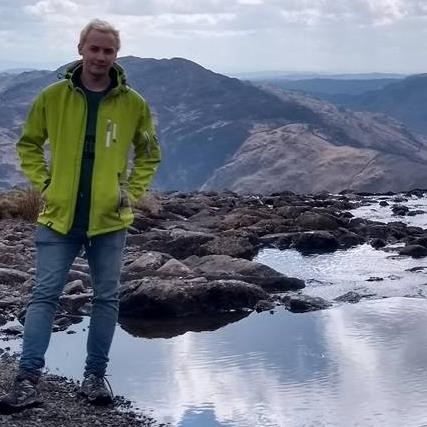July 2018
This National Parks Week there will be people up and down the country enjoying the diverse and beautiful landscapes, villages and habitats of the National Parks. It’s always wonderful to see so many different celebratory events on offer: you can go deer spotting in Exmoor or join a wheel chair friendly walk in the Peak District, for example. Our National Parks are incredible assets to the economy, to our wellbeing and to our wildlife. But this year’s National Parks Week comes at a time of uncertainty about what the future holds for these important areas. We need to seize the moment to ensure the Parks emerge stronger than ever.
The National Park family are national assets, providing immeasurable societal benefits. As Secretary of State Michael Gove wrote earlier this year, “we know that time spent out of doors, appreciating the beauty of nature and the wonder of creation, is vital for our well-being. It improves both mental and physical health and re-connects us with the other species with whom we share this planet.”
England’s National Parks contribute around £2.4bn to the economy, and provide thousands of jobs directly and many more indirectly across diverse sectors including agriculture, conservation and tourism.
Despite the importance of these beautiful areas, their high levels of protection through the planning system and warm words from the Westminster Government, National Parks face considerable challenges that threaten to undermine their special qualities. In the South Downs, the A27 bypass could see the loss of irreplaceable ancient woodland habitats, the loss of public transport is cutting off parts of the Parks from Northumberland to Dartmoor and unaffordable housing is a real obstacle to the vibrant future of Park communities.
We are also clear that there are areas where we can enhance the National Parks so they deliver even more for the nation. The Parks are important for nature. As our recent report recognises, large areas of the Parks are internationally designated for their importance to wildlife. Rare species such as the New Forest cicada, natterjack toads and pine martens can be found in England and Wales’ designated landscapes. But in light of the national trends of decline in wildlife we need to be clear the Parks could and should be doing even more.
Ready or not change is on the horizon.We need to harness that change as an opportunity to make the Parks better protected from inappropriate development, even more beautiful and rich in wildlife, and more accessible for all. As we exit the EU and work towards the transition away from Common Agricultural Policy, we must seize opportunities for delivering even more public benefits from the Parks. The review into England’s designated landscapes has also begun. The review promises to strengthen the protections for National Parks, and tantalisingly (for the press at least) raises the possibility of expanding the Park family.
Within this context of extraordinary change, let’s ensure we draw on the value and special qualities of the National Parks, and build on those to make sure the National Parks continue to be important national assets for future generations.
Blog written by Andrew Hall, Campaigns and Communication Officer at Campaign for National Parks
Follow @Campaign4Parks
The opinions expressed in this blog are the author's and not necessarily those of the wider Link membership.




Latest Blog Posts